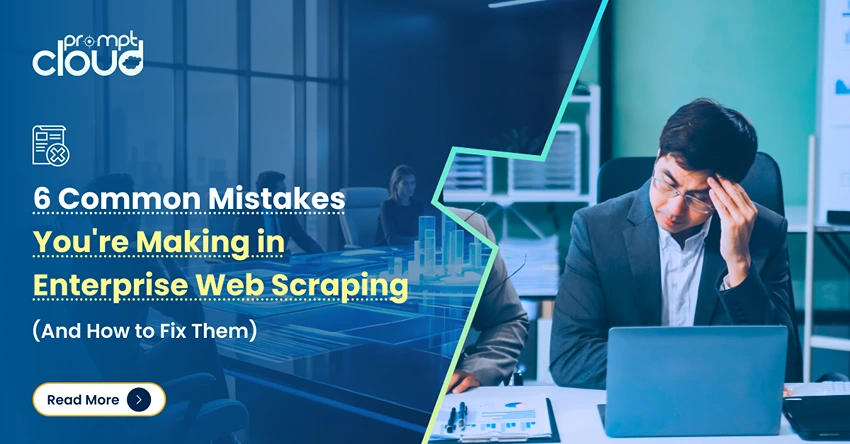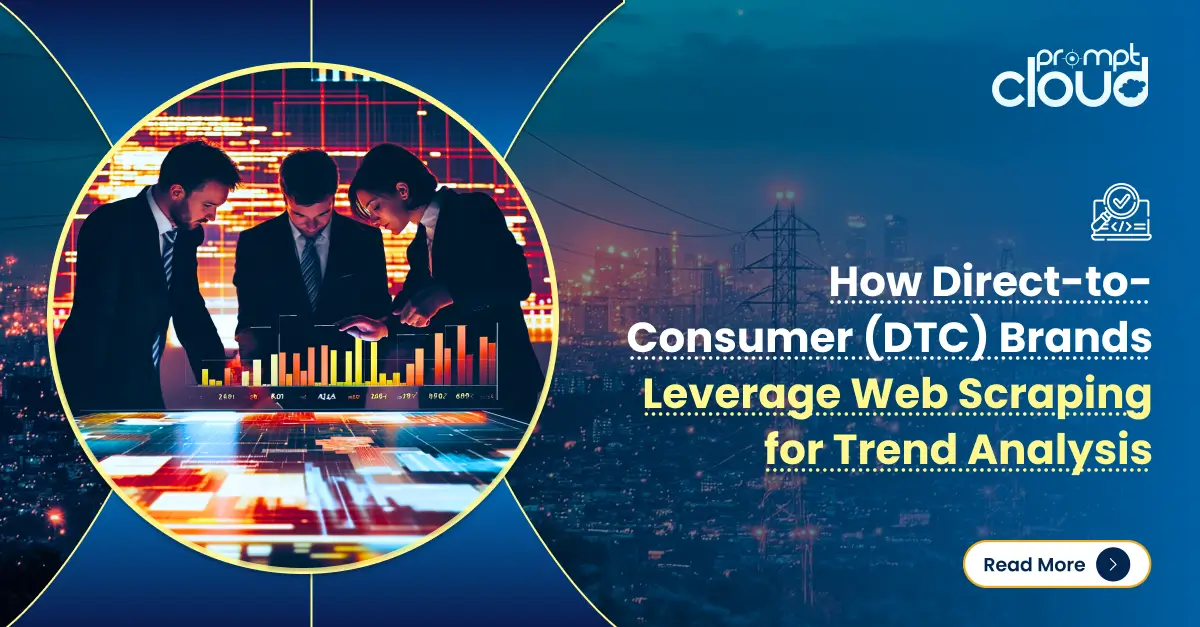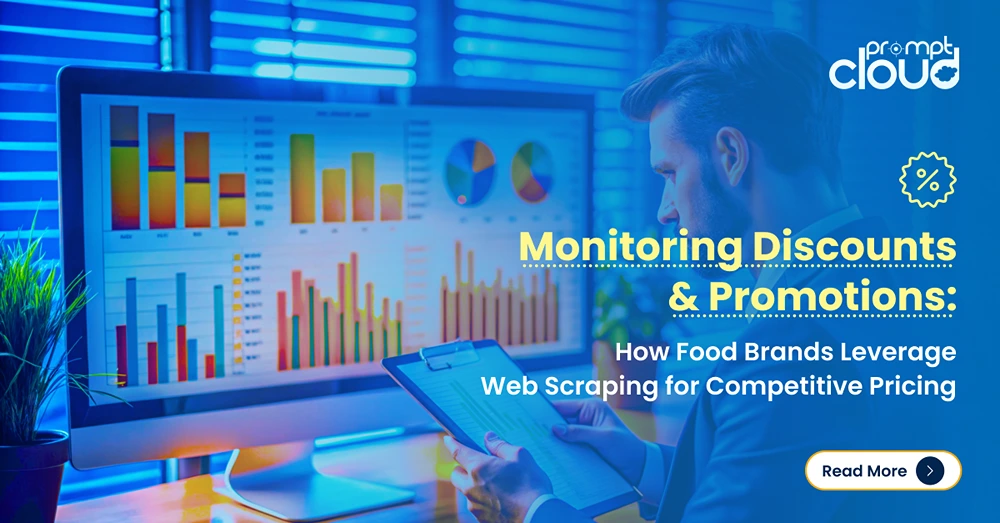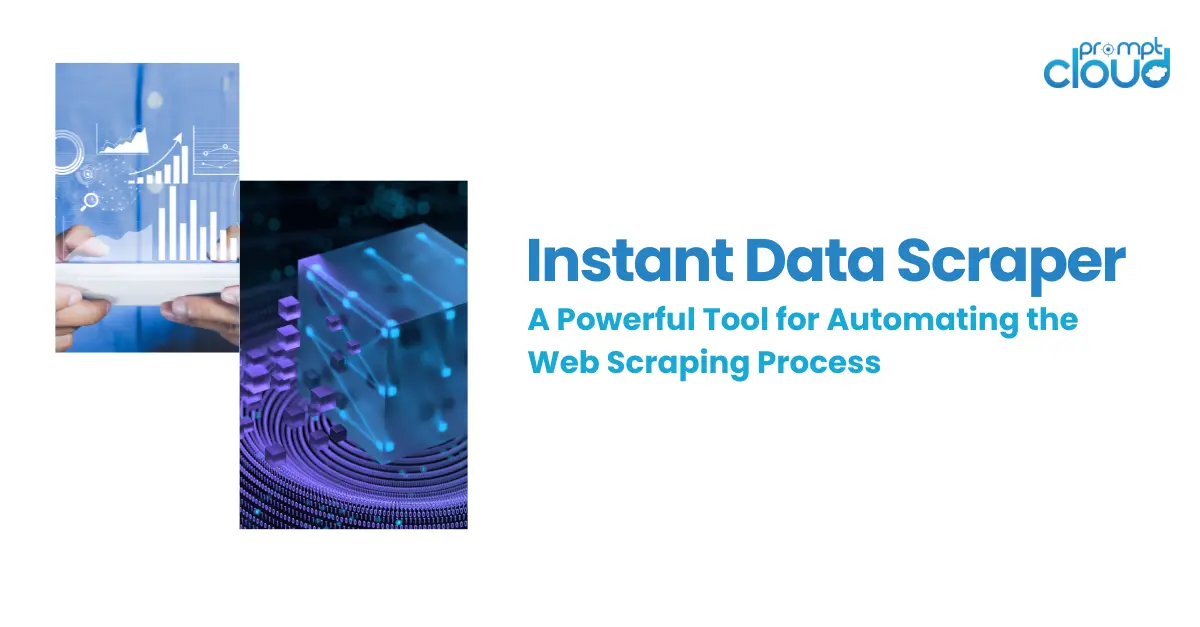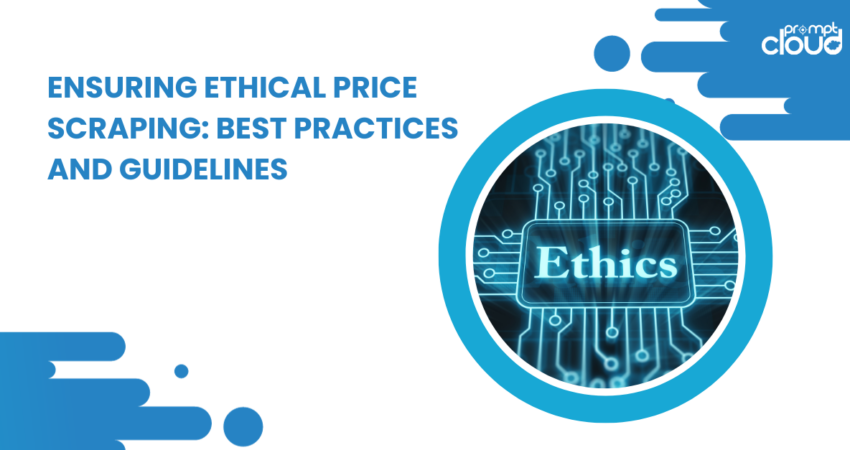
In today’s highly competitive market, businesses are constantly looking for ways to gain a competitive edge. One valuable strategy that many companies employ is price scraping. Price scraping involves extracting and analyzing pricing data from various websites or online platforms. This data allows businesses to make informed pricing decisions, monitor competitors, and optimize their pricing strategies.
While price scraping can yield valuable insights, it’s essential to conduct this practice ethically and responsibly. In this article, we will explore the world of ethical price scraping, its benefits, and the best practices and guidelines to ensure its proper implementation.
Understanding Price Scraping
Price scraping entails the retrieval of pricing details from e-commerce websites, retail platforms, or any publicly accessible sources containing price information. Employing dedicated software tools, companies can extract pricing data from diverse origins, including competitor websites, online marketplaces, and price comparison platforms.
Subsequently, this gathered data is open to analysis, aiding in the formulation of pricing strategies, adjustments to pricing approaches, and the acquisition of valuable market trend insights.
Ethics of Price Scraping
While price scraping can offer valuable benefits to businesses, it is essential to approach the practice with ethical considerations in mind. Some commonly debated ethical concerns include:
- Respecting Terms of Service: Before engaging in price scraping, businesses should carefully review the terms of service of the websites they plan to scrape. Some websites explicitly prohibit or place limitations on scraping activities. It is crucial to respect these terms and seek permission if required.
- Protecting Privacy: Price scraping should not involve collecting sensitive or personal information without consent. Businesses must ensure that they are only extracting publicly available pricing data and are not infringing upon the privacy of individuals or businesses.
- Preventing Overloading: Excessive scraping can cause a strain on websites, leading to performance issues and disruptions for other users. It is important to scrape responsibly by regulating the frequency and volume of scraping requests to avoid overloading the targeted websites.
- Fair Competition: Price scraping should be conducted with the intention of monitoring and gathering information to enable fair competition. It is crucial to avoid using scraped data to engage in anti-competitive practices or to gain an unfair advantage over competitors.
The Benefits of Ethical Price Scraping
When conducted ethically, price scraping can offer numerous benefits to businesses. These include:
- Competitive Advantage: By monitoring competitors’ prices in real-time, businesses can adjust their pricing strategies to stay competitive in the market. Ethical price scraping allows businesses to gather valuable intelligence on pricing trends and respond accordingly.
- Optimized Pricing Strategy: Through the analysis of pricing data from diverse sources, companies can derive insights into customer behavior, market dynamics, and demand trends. This enables more well-informed pricing decisions, which have the potential to boost sales and profitability.
- Improved Market Research: Price scraping grants businesses access to a wealth of data, encompassing product availability, discounts, and promotional offers. This data can be harnessed for comprehensive market research, empowering businesses to discern consumer preferences and adapt their product offerings accordingly.
- Enhanced Customer Experience: Through vigilant price monitoring across different platforms and markets, businesses can guarantee the consistent delivery of competitive prices to their customers. Consequently, this approach can lead to heightened customer contentment and a boost in customer loyalty.
Best Practices for Ethical Price Scraping
To ensure ethical price scraping practices, businesses should adhere to the following best practices:
- Review and Respect Terms of Service: Carefully review the terms of service of the websites targeted for scraping. Ensure compliance with any limitations or restrictions imposed by the website owners.
- Seek Permission if Necessary: If scraping from a website with explicit restrictions or specified terms, seek permission from the website owners before collecting data.
- Regulate Scraping Frequency: Avoid overwhelming target websites by regulating scraping frequency. Set scraping intervals to ensure responsible data collection.
- Avoid Automated Account Creation: Do not use automated tools to create user accounts or email addresses for scraping purposes. This can violate website terms of service and privacy regulations.
- Use Proxies and Rotating IP Addresses: Employ proxies and rotating IP addresses to distribute scraping requests. This helps prevent detection and avoids IP blocks.
- Monitor Scraping Impact: Regularly monitor the impact of scraping activities on targeted websites to ensure they are not negatively affected. Adjust scraping practices if necessary to minimize disruptions.
Guidelines for Data Handling and Privacy
To protect privacy and handle scraped data responsibly, businesses should adhere to the following guidelines:
- Avoid Collecting Sensitive Information: Data scraped should only include publicly available pricing information. Do not collect personal or sensitive customer data without explicit consent.
- Encrypt and Secure Data: Secure scraped data by using encryption methods during storage and transmission. Employ appropriate security measures to prevent unauthorized access.
- Anonymize Data: Eliminate any identifying details from the scraped data to uphold confidentiality, making sure that the data remains untraceable to specific individuals or entities.
- Data Retention and Disposal: Set forth policies for the storage and removal of data. Keep scraped data for as long as it directly supports a valid business objective and securely dispose of it when it is no longer necessary.
- Compliance with Data Protection Laws: Maintain conformity with applicable data protection laws and statutes, such as GDPR (General Data Protection Regulation) or CCPA (California Consumer Privacy Act), while managing scraped data.
Ethical price scraping, when conducted with integrity and responsibility, can provide businesses with valuable insights and a competitive advantage. By following best practices and guidelines, businesses can leverage price scraping as a powerful tool to inform pricing decisions and optimize their strategies while respecting the rights and privacy of others.
PromptCloud provides cutting-edge technology and expertise to help you navigate the complex world of price scraping. With PromptCloud’s advanced web scraping solutions, you can accurately collect pricing data from various sources while adhering to ethical standards. It not only saves you time and effort but also ensures that your data collection practices are legal and in line with industry best practices. For custom recurring web scraping requirements, get in touch with us at sales@promptcloud.com










